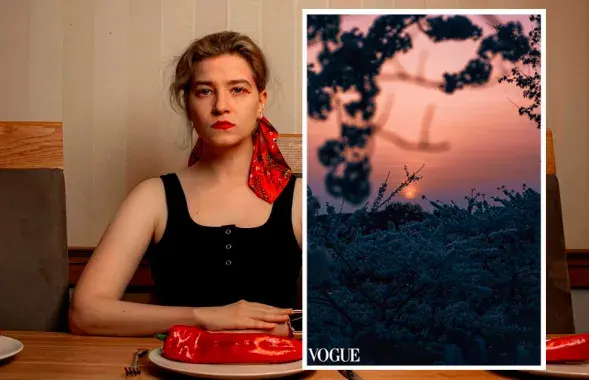Hleb Labadzenka: Ryhor Baradulin signed about 80 or 90 books a day
The action “Solidary with Baradulin” has finished.
The initiator Hleb Labadzenka has told Euroradio whether uncle Ryhor was tired of signing hundreds of his books.
Euroradio: How many people took part in the action? What does Ryhor Baradulin feel knowing that so many people are eager to by his books?
Labadzenka: 646 people took part in the action. There were 117 books that were supposed to be given out at first. However, 400 people joined the action in the first few days so we took some books from publishing houses and Uncle Ryhor also found some older books. Whole families took part in the action and uncle Ryhor signed about 700 books. He was very enthusiastic about it: he had to finish signing books by Tuesday but everything was ready on Sunday. He said that he was very pleased with the fact that so many people had joined.
Euroradio: How many days did it take? You probably need a month to sign 700 books!..
Labadzenka: Uncle Ryhor’s friend Natallya Davydzenka helped him. They worked together in the publishing house “Belles-lettres”. She made lists, dictated and brought books to him. That is why it was very convenient for him. He spent a few days doing it and signed about 80 or 90 books a day. I think that it is a record as even young people would find it difficult.
Euroradio: What is a signature like?
Labadzenka: All the autographs are personal. The goal was giving every person an autograph instead of giving out a number of books with autographs. That is why the autographs are not long. Uncle Ryhor could write: “To dear Alena, good luck to you!”, the date and signature. All the autographs were like this. Some people joke that it is not important who signs a book. The name of the person who received eth autograph is more important because they can show the book to friends and acquaintances later.
Euroradio: Is the action aimed at donations or are the books sold at their shop prices?
Labadzenka: We said that it was not a sale so we did not set any prices. We collected donations and everyone could decide how much they could put in the donation box. We could only recommend the cost price. If a person donates less than the prime cost, it is not a donation. But very few people donated less than the cost price. We did not refuse anyone as it was a voluntary action.
Euroradio: It must be very difficult to buy Baradulin’s books in Minsk as everything has been given out…
Labadzenka: I do not think so because we did not take any books from bookshops. We took the books he had at home – 177 recent books and about 300 old author's copies of the 1970s and 1990s. Publishing houses returned the books that had not been sold and he had 15 copies of one book and 40 – of another. We only took 150 books from publishing houses – there are a lot of books left.
Euroradio: Is it true that a girl got acquainted with her future husband at one of the meetings?
Labadzenka: It was a pleasant surprise. They met at the previous action three years ago. She took part in the recent action and informed about it. It is good that the action did not only help Ryhor Baradulin – it also helped one of the participants.

















